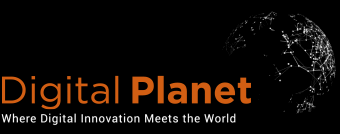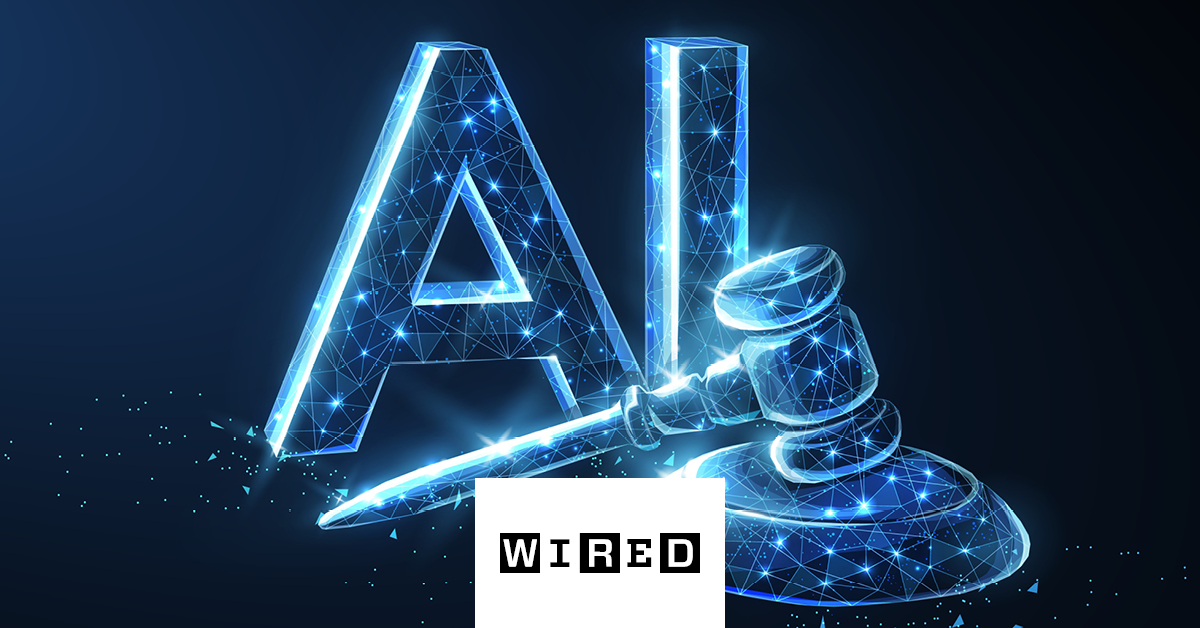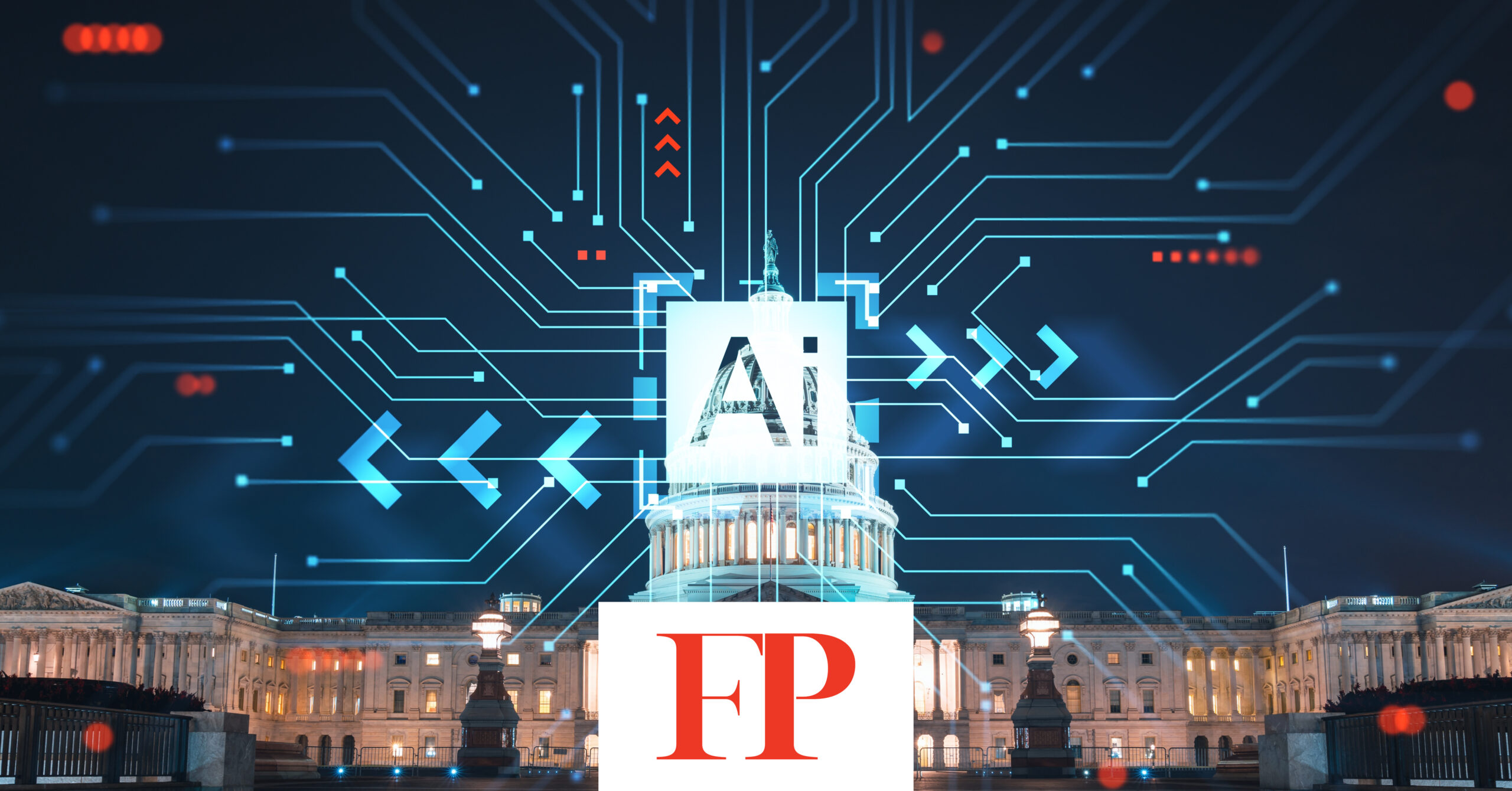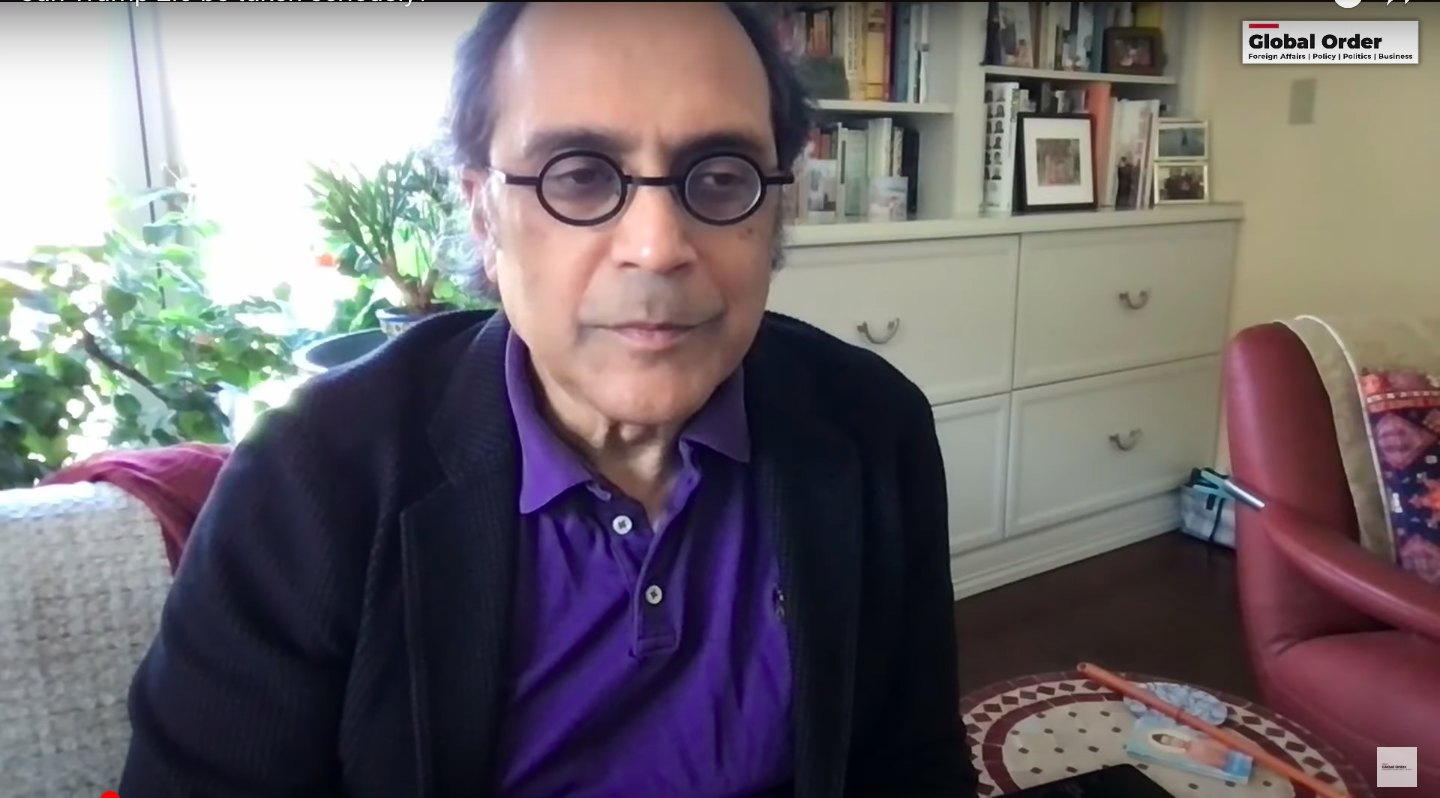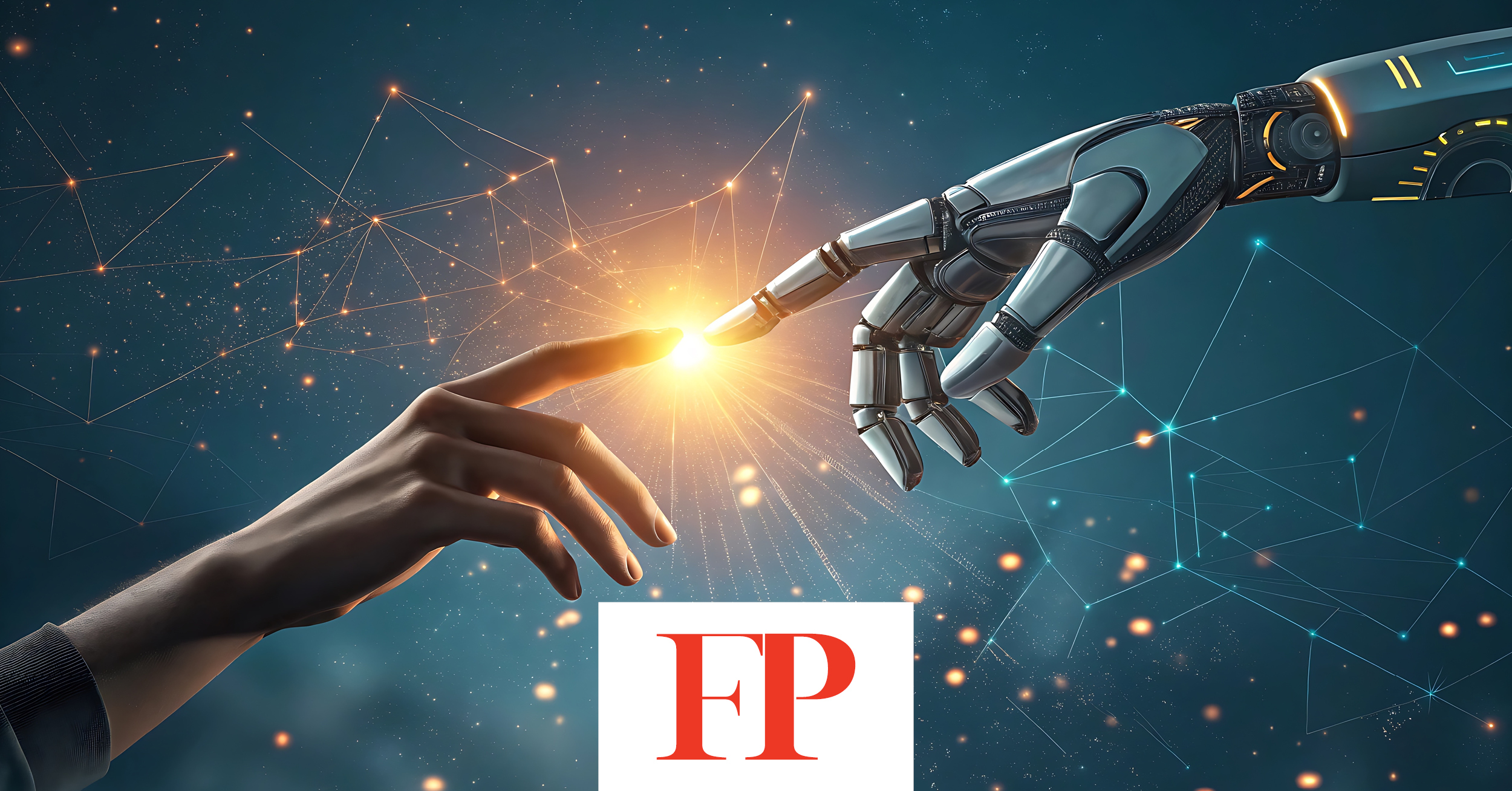A handful of companies have outsize influence on the world’s artificial intelligence. Policymakers must act now to stem the rise of powerful monopolies.
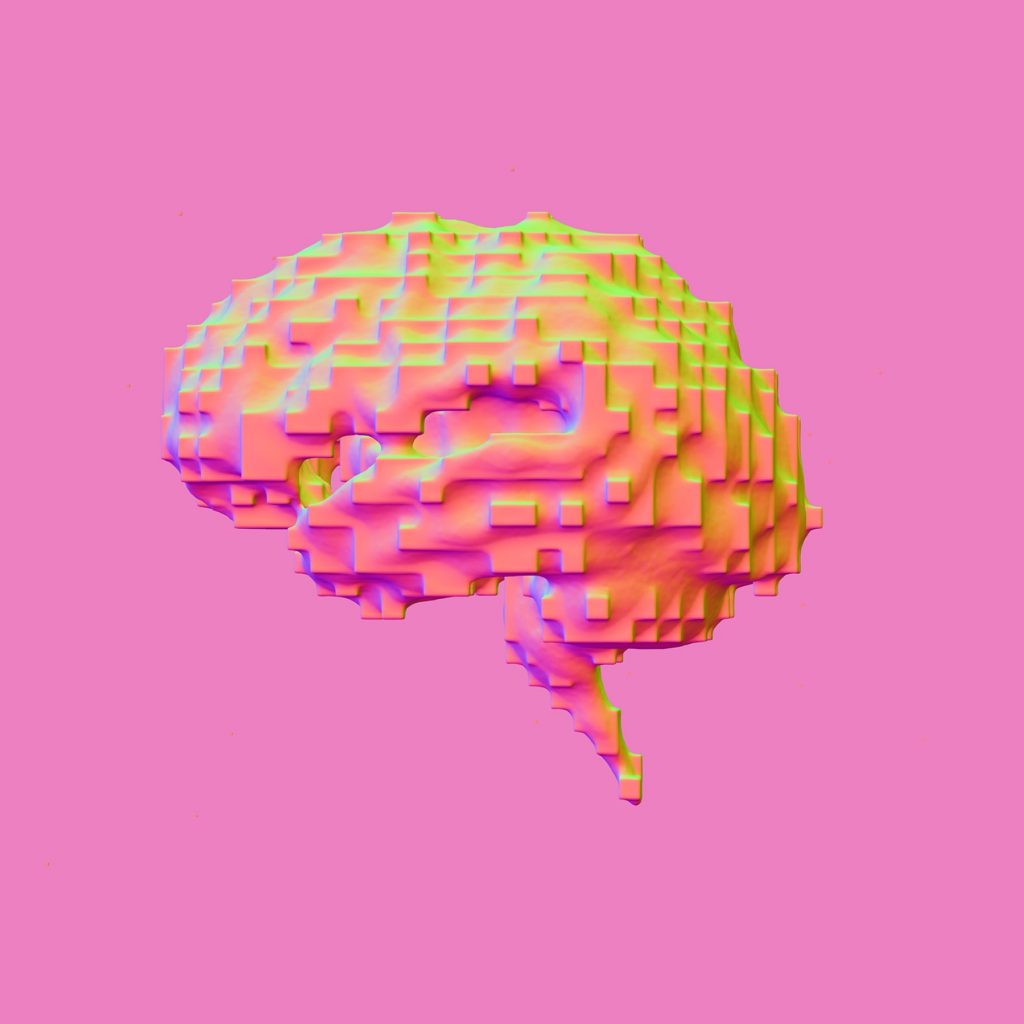
Bhaskar Chakavorti writes this opinion piece about why the Biden administration needs to address the artificial intelligence “revolution within Big Tech to help ensure AI applications are “appropriately channeled with wider societal and economic benefits in mind.”
Excerpt taken from “Biden’s ‘Antitrust Revolution’ Overlooks AI—at Americans’ Peril”, Bhaskar Chakravorti, WIRED
Despite the executive orders and congressional hearings of the “Biden antitrust revolution,” the most profound anti-competitive shift is happening under policymakers’ noses: the cornering of artificial intelligence and automation by a handful of tech companies. This needs to change.
There is little doubt that the impact of AI will be widely felt. It is shaping product innovations, creating new research, discovery, and development pathways, and reinventing business models. AI is making inroads in the development of autonomous vehicles, which may eventually improve road safety, reduce urban congestion, and help drivers make better use of their time. AI recently predicted the molecular structure of almost every protein in the human body, and it helped develop and roll out a Covid vaccine in record time. The pandemic itself may have accelerated AI’s incursion—in emergency rooms for triage; in airports, where robots spray disinfecting chemicals; in increasingly automated warehouses and meatpacking plants; and in our remote workdays, with the growing presence of chatbots, speech recognition, and email systems that get better at completing our sentences.
Exactly how AI will affect the future of human work, wages, or productivity overall remains unclear. Though service and blue-collar wages have lately been on the rise, they’ve stagnated for three decades. According to MIT’s Daron Acemoglu and Boston University’s Pascual Restrepo, 50 to 70 percent of this languishing can be attributed to the loss of mostly routine jobs to automation. White-collar occupations are also at risk as machine learning and smart technologies take on complex functions. According to McKinsey, while only about 10 percent of these jobs could disappear altogether, 60 percent of them may see at least a third of their tasks subsumed by machines and algorithms. Some researchers argue that while AI’s overall productivity impact has been so far disappointing, it will improve; others are less sanguine. Despite these uncertainties, most experts agree that on net, AI will “become more of a challenge to the workforce,” and we should anticipate a flat to slightly negative impact on jobs by 2030.
Without intervention, AI could also help undermine democracy–through amplifying misinformation or enabling mass surveillance. The past year and a half has also underscored the impact of algorithmically powered social media, not just on the health of democracy, but on health care itself.
The overall direction and net impact of AI sits on a knife’s edge, unless AI R&D and applications are appropriately channeled with wider societal and economic benefits in mind. How can we ensure that?
